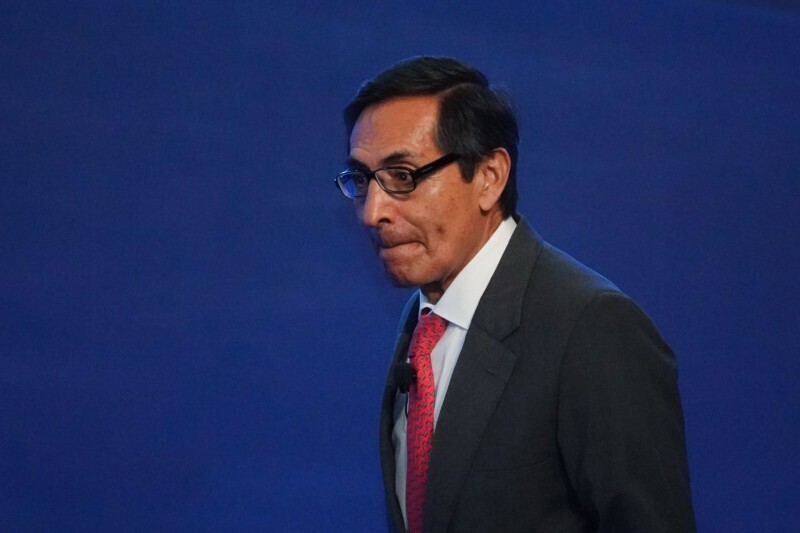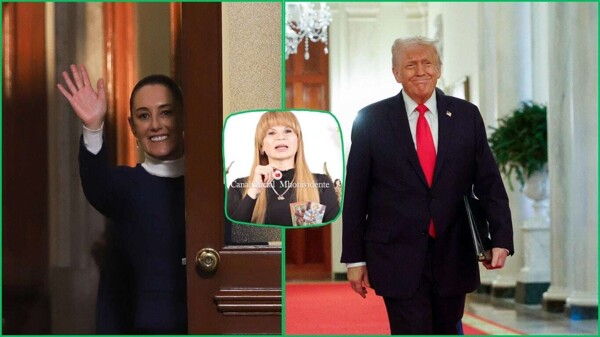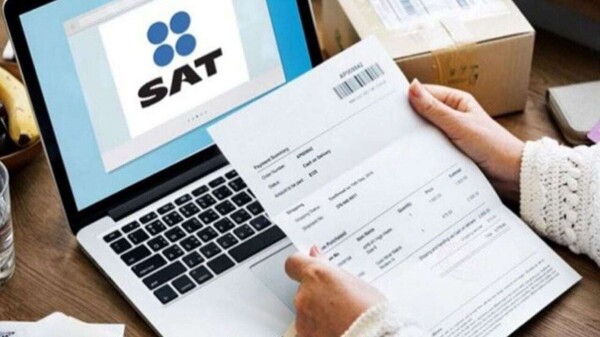
Investors have rejected the tariff war, especially if President Donald Trump does not implement tax cuts and deregulation policies before imposing tariffs. Over the weekend and last Monday, U.S. Treasury bond yields and shares of major tech companies fell while Trump spoke on the phone with Sheinbaum.
Finance Secretary Rogelio Ramírez de la O has emphasized that fluctuations in Trump's tariff policy are eroding the trust built in the markets after his return to the White House. Ramírez de la O gained prominence in the cabinet over the weekend and held discussions with Claudia Sheinbaum and representatives from funds and banks to highlight the economic fundamentals in light of the risks posed by Trump's decisions.
Goldman Sachs and Deutsche Bank have estimated the possible effects of the proposed tariffs, arguing that they could increase consumer prices and significantly affect economic growth. Ramírez de la O has taken note of the potential consequences in the financial market and acknowledged that the current volatility goes against the interests of the United States.
The secretary has also noted that a potential impact on the exchange rate could strengthen the dollar, which would not align with Trump's plans to have a weaker currency to benefit the country's trade balance. This could jeopardize financial and economic stability for as long as the uncertainty generated by the threat of tariffs persists.
It has been pointed out that Trump's ambiguous decisions have also affected close officials, such as Chief of Staff Susie Wiles and Treasury Secretary Scott Bessent, who had publicly dismissed the idea of imposing tariffs as high as those that were later mentioned. The uncertainty on Wall Street has led the Treasury Department to consider that, if the tariff threats do not materialize, investors might stop taking Trump's warnings seriously and not react negatively to future decisions of this nature.














